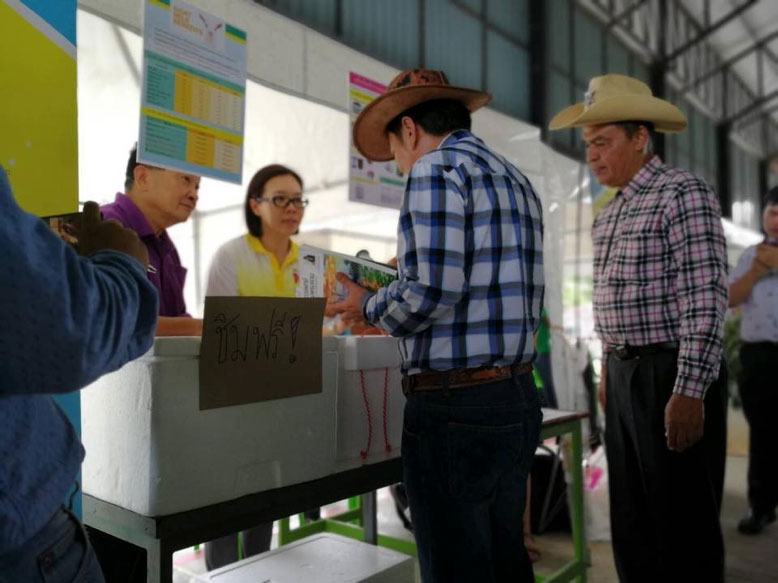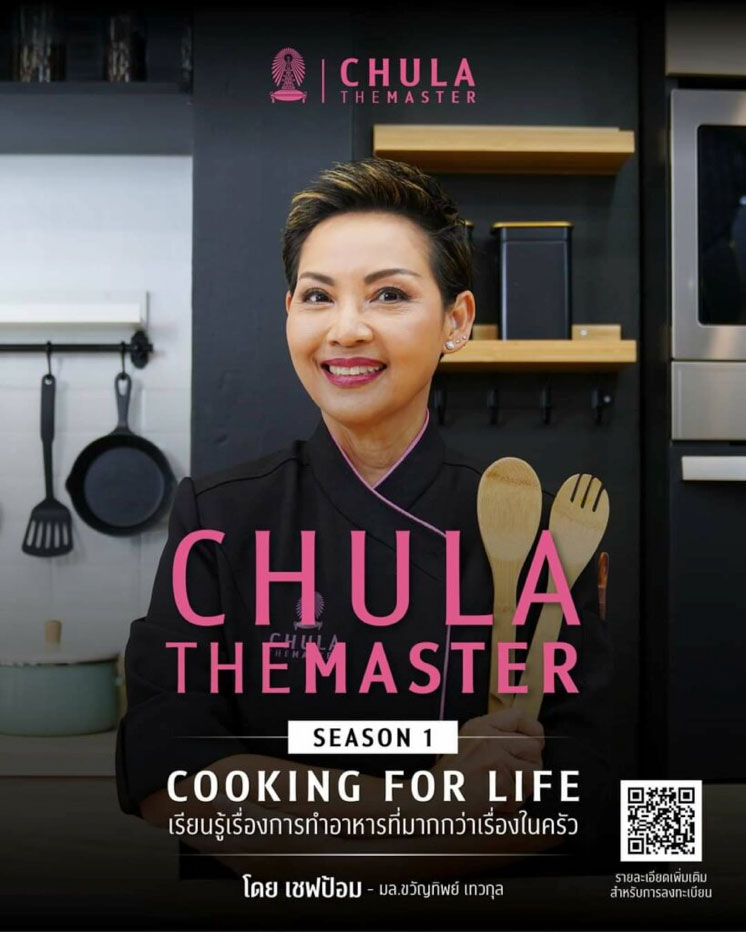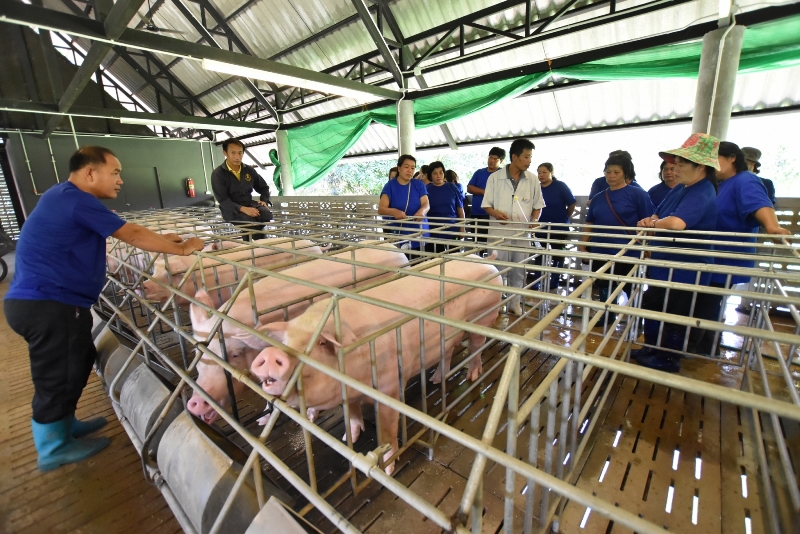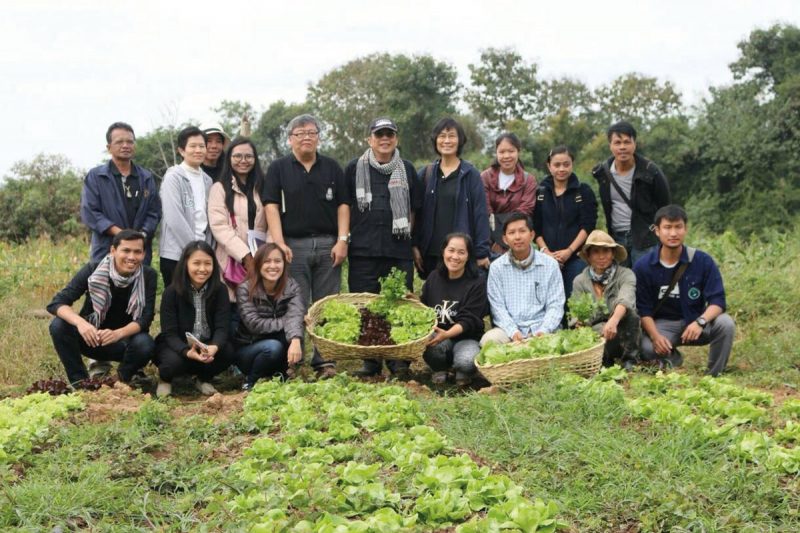Education is an important tool for everyone in order to improve their quality of life and, consequently, improve the development of the country. Education should not be limited only to young people. Education should be free and accessible to everyone, even if they are rich or poor. In traditional education, such as high school or university, there are several limitations for old people, displaced people and refugees. Some groups of people do not require traditional education; they just need the knowledge to carry out their career.
Chulalongkorn University, as a leader among educational institutes in the region, takes this issue as an opportunity to open free short courses to the general public. These are online courses and courses in person that target the general public as well as students in university that want to gain other knowledge apart from their field of study. Many free online courses assist participants who have not had the opportunity to receive traditional education, such as displaced people and refugees, in developing basic skills such as English communication in order to advance their careers.
CHULA THE MASTER Season 1 Cooking For Life
Chulalongkorn University Alumni Ralations Centre, Chulalongkorn University establish free e-learning cooking course with “Chef Pom Kwantip Devakula” a nutritionist and chef famous for the cooking competition judges, Master Chef Thailand.
This course focuses on cooking by linking everyday food knowledge with a wide range of other knowledge at Chulalongkorn University, such as scientific food preservation. Food business administration using knowledge of economics and marketing food for the mind using knowledge of psychology.
This course open for alumni and general public everyone. The course can be accessed online via their computer or mobile phone.
Chulalongkorn experts share knowledge across the value chain in Saraburi
Goat milk is nutrient-dense, easily digestible, and abundant in protein and healthy fats.It is also appropriate for the elderly and those allergic to traditional dairy products.
The goat milk industry is gaining ground as a result of interdisciplinary collaboration between the faculties of Veterinary Science and Science at Chulalongkorn University, which are sharing their knowledge along the entire value chain. The knowledge ranges from farm management and animal health to the value-added processing of raw milk.
In turn, this promotes goat farming as a profession, raises household income, and provides a quality acquisition model for bringing products to market, led by young entrepreneurs, especially recent college graduates or Chulalongkorn University graduates. This “triple helix” approach is depicted in the value chain diagram by the university, farmers, and new entrepreneurs as full-service providers.
The performance in phase 1 demonstrates the progress made by the goat farmers’ group in the Muak Lek district, where production of goat milk for consumption out of the carton commenced.In addition, a minor patent for pasteurised goat milk with pulp in four flavours has been registered: natural, banana, coconut, and cantaloupe. Farmers can earn additional income by selling the minor patent for goat milk distribution to new entrepreneurs (startups).
Chulalongkorn University has cooperated with local officials in Saraburi in developing goat milk products and transferring knowledge to farmers in related exhibitions such as National Goat Day activities. At a later stage, the project will expand the processing of goat milk to cheese and milk tablets, as well as producing skin-care products such as soap bars, liquid soap and body lotion. These are high-value products that have various distribution channels. The added opportunities will help create a more standardized and higher-quality goat-rearing model and will provide a more stable occupation for farmers.
Additionally, the project encourages entrepreneurship in accordance with economic development guidelines for career development. People in the community have access to innovative goat milk products and the creation of commercial sidelines to diversify their incomes, thereby creating opportunities for further development.

BY
- Faculty of Veterinary Science, Chulalongkorn University
- Faculty of Science, Chulalongkorn University
- Chulalongkorn University Alumni Ralations (CUAR)
Others
CU Social Engagement in Nan
Chemical-free farming and preservation of historic old own in the spotlight
Learning Curve Toward Service
Veterinary student volunteers gain hands-on appreciation of rural life





